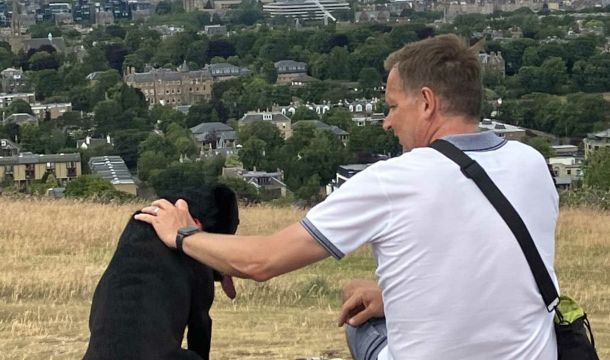
In today’s fast-paced business landscape, the role of executive team coaches has become increasingly vital. These skilled professionals play a crucial role in guiding and nurturing executive teams to achieve their fullest potential. If you’re considering a career as an executive team coach and aspire to be among the best, here’s a comprehensive guide to help you master the art of executive team coaching.
Understanding Executive Team Coaching
Executive team coaching involves working with top-tier leaders and their teams to enhance their performance, communication, collaboration, and overall effectiveness. It’s about fostering a growth mindset, enabling leaders to unlock their hidden potential, and guiding them towards better decision-making and strategic thinking.
1. Deepen Your Expertise: Aspiring to be a top executive team coach begins with a strong foundation of knowledge. This includes understanding leadership theories, organizational psychology, communication strategies, conflict resolution, and change management. Continuously educate yourself on the latest industry trends and developments.
2. Develop Strong Interpersonal Skills: Building relationships and establishing trust is at the heart of effective coaching. Enhance your active listening skills, empathy, and non-judgmental attitude. Your ability to connect with individuals at a personal level will significantly impact your coaching success.
3. Obtain Relevant Certification: While not always mandatory, obtaining certifications from reputable coaching organizations such as the International Coach Federation (ICF) can lend credibility to your expertise. These certifications reflect your commitment to high professional standards.
4. Hone Your Coaching Techniques: Study and practice various coaching methodologies, such as transformational coaching, appreciative inquiry, and cognitive-behavioral coaching. Tailor your approach to the specific needs of each executive team, recognizing that one size does not fit all.
5. Build a Strong Toolkit: Equip yourself with a range of tools, assessments, and frameworks that address various challenges faced by executive teams. These may include personality assessments, conflict resolution strategies, and leadership development plans.
6. Cultivate Emotional Intelligence: Emotional intelligence is paramount for executive team coaches. Strengthen your ability to understand and manage emotions—both yours and your clients’. This skill will aid in creating a safe space for open conversations and personal growth.
7. Facilitate Effective Communication: Help executive teams improve their communication dynamics. Focus on fostering transparent, constructive, and respectful conversations that promote effective decision-making and collaboration.
8. Adaptability is Key: Every executive team is unique, and each coaching engagement will have its challenges. Be adaptable and ready to adjust your approach based on the team’s goals, culture, and evolving needs.
9. Establish Clear Goals: Work with executive teams to set clear and achievable goals. Regularly assess progress and make adjustments as necessary to ensure they are on the path to success.
10. Embrace Continuous Learning: The field of coaching is constantly evolving. Attend workshops, seminars, and conferences to stay updated with the latest coaching methodologies, trends, and research.
11. Seek Mentorship: Mentorship from experienced executive coaches can provide invaluable insights and guidance. Learn from their successes and challenges to accelerate your own growth.
12. Build a Strong Reputation: Word-of-mouth and referrals play a significant role in the coaching industry. Deliver exceptional results, maintain confidentiality, and foster a positive reputation to attract and retain clients.
13. Practice Self-Care: The demands of executive team coaching can be intense. Prioritize self-care to ensure you’re in the best mindset to support your clients effectively.
14. Measure and Demonstrate ROI: Be prepared to demonstrate the value you bring to the executive teams you coach. Develop methods for measuring the impact of your coaching and present tangible results to your clients.
15. Stay Ethical: Adhere to high ethical standards in your coaching practice. Respect confidentiality, maintain professional boundaries, and always act in the best interest of your clients.
Becoming a top executive team coach is a journey that requires dedication, continuous learning, and a genuine passion for helping others succeed. By mastering the art of executive team coaching and consistently delivering exceptional results, you can make a lasting impact on the organizations and leaders you work with.
Other Articles

”As a leader, it’s NOT all about YOU” says Daniel Bernard: Sports Industry Investor & Entrepreneur

How will AI impact CEOs and businesses?
